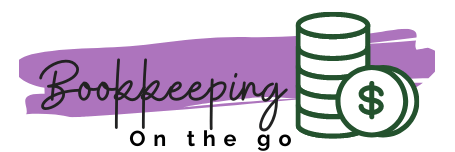About Course
In this program, you will learn the basic accounting principles so you and your accountants can speak the same language. You will also learn about the balance sheet, the profit and loss ( or income statement ) and the statement of cash flows. You will understand how to review each of these statements to identify any inefficiencies, discrepancies, and have an overall peace of mind that you understand your financial position.
- 6 Week Course
- 1 Lesson per Week
- Approx. 30- 45 min per Lesson
Starting July 1, 2021
Course Content
Lesson 1 – Getting Started
-
(VIDEO) Lesson 1 – Getting Started
25:30 -
What is Finance?
-
What is Accounts Payable
-
What is an Accounts Payable Clerk
-
Why is an AP Clerk Important?
-
What is Accounts Receivable
-
What is an Accounts Receivable Clerk
-
Why is an AR Clerk Important?
-
Relevant Terminology
-
Invoice You Receive
-
Invoice You Send Out
-
Commonly Used Terms
-
Understanding GAAP
-
Revenue Recognition
-
Expense Recognition
-
Key Players
-
Important Financial Organizations


